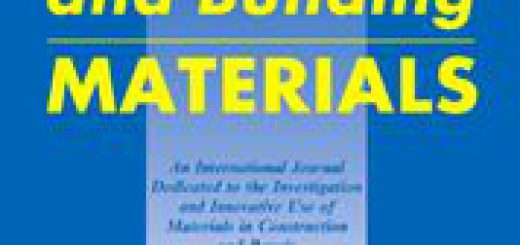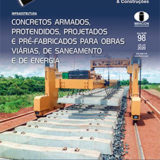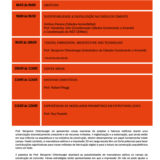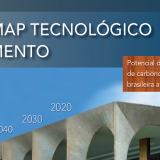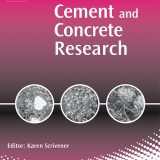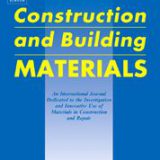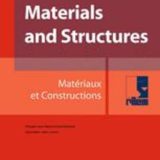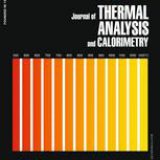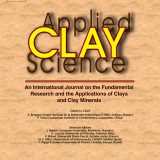Author: Rojas-Ramires R.A., Maciel, M. H., Romano, Roberto C. O., Pileggi, Rafael G., Vieira-Coelho, A. C.
Journal: Applied Clay Science (doi)
Available online: 30 January 2019
Abstract
In the industrial processing of vermiculite, a fine residue is generated for which an application that allows its large-scale use has not been developed yet. The association with Portland cement in mortar and concrete compositions may be an alternative, because of the chemical composition of vermiculite with high amount of aluminum, silicon and magnesium, similar to other additions used in substitution to Portland cement. However, due to high specific surface area of vermiculite compared to cement, its use may affect the rheological properties and the water demand, thus limiting its application. This work was carried out with the objective of evaluating the impact on rheological properties of cement pastes prepared with partial replacement of Portland cement by
vermiculite fine residues, both as obtained and calcined. The vermiculite fine residue contents were varied from 5 to 20%, and the compositions were submitted to a stepped flow test, with changes in the shear rate. There were almost no changes in rheological properties in suspensions with 5% of cement substitution by vermiculite fines. However, when>10% of vermiculite was used, considerable changes in flow could be observed as a function of both the residue content and the nature of the vermiculite (as-obtained or calcined). The YODEL and Interference models, based on the physical characteristics of the particles, were applied to estimate the yield stress (YODEL) and viscosity (Interference), and the calculation results indicated that there was a good correlation with the experimental data, indicating than the rheological properties of the pastes were directly related to physical properties of the particles.


